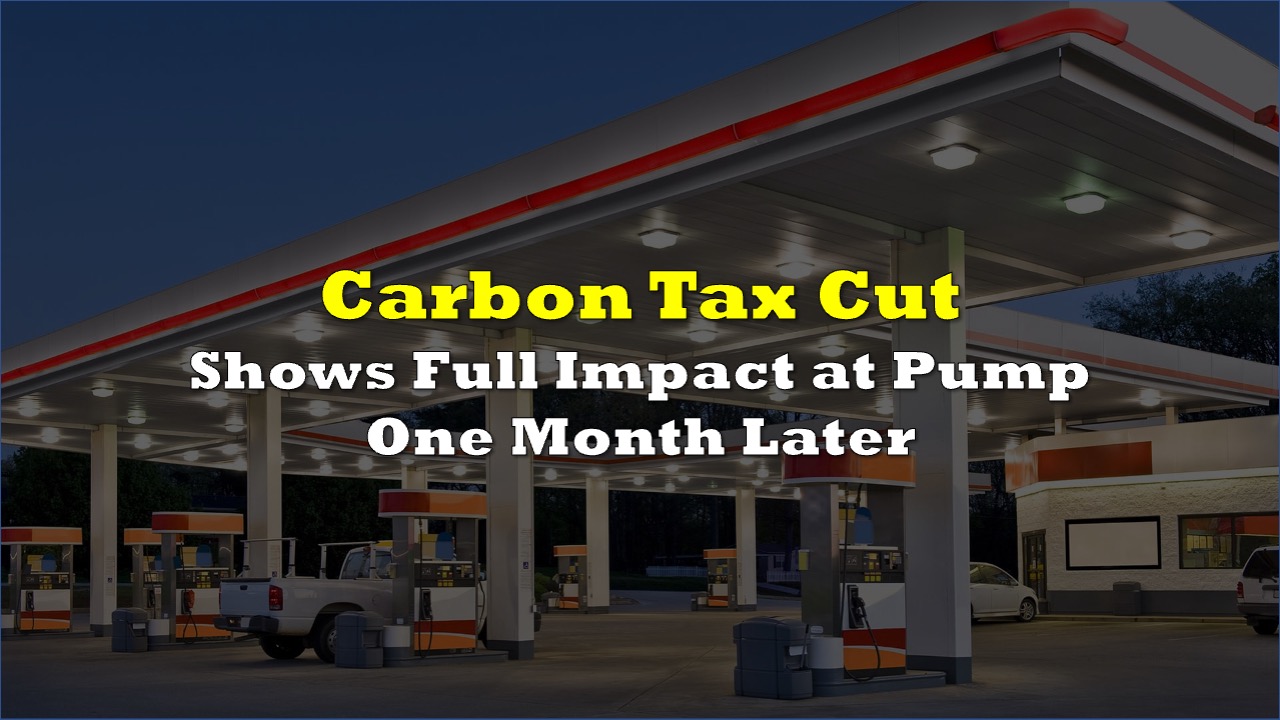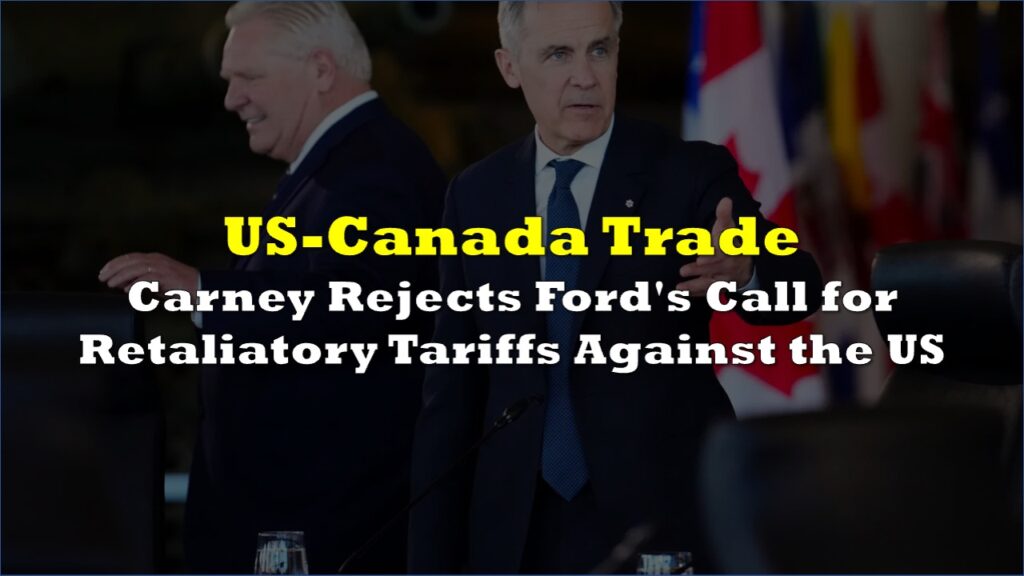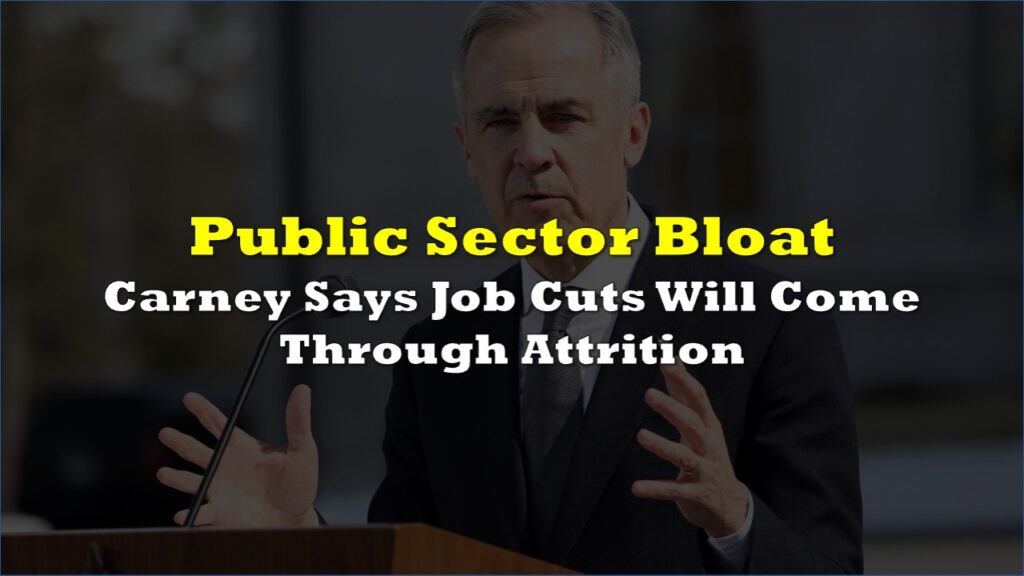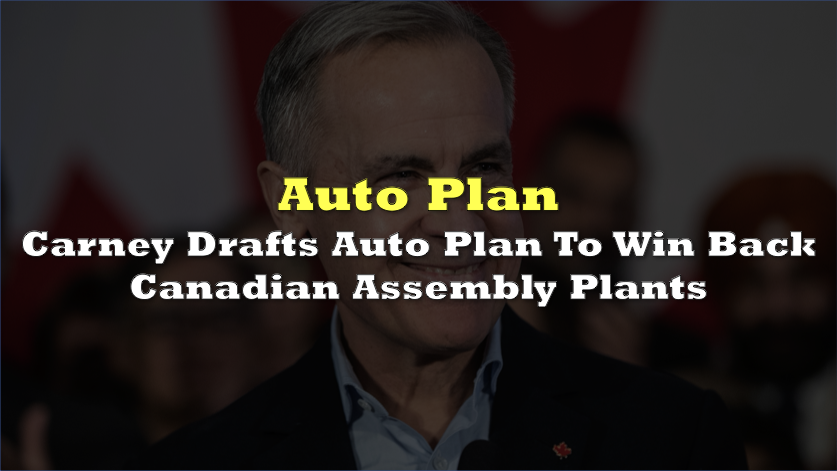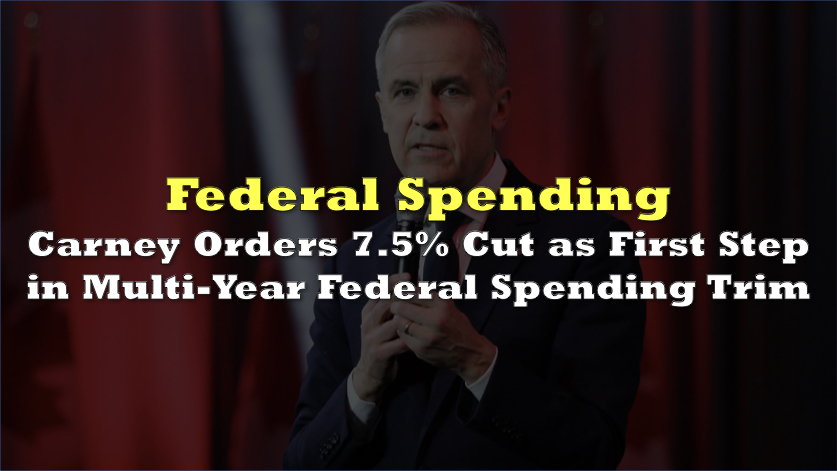Canadian gasoline prices have fallen by about 18 cents per litre one month after Prime Minister Mark Carney eliminated the federal carbon tax, with nearly the full value of the tax cut being passed on to consumers, data shows.
Economist Trevor Tombe’s analysis demonstrates a clear price gap between Quebec, which maintained its provincial carbon pricing system, and the rest of Canada where the federal tax was eliminated on April 1.
The Bank of Canada’s April Monetary Policy Report states that the tax elimination will temporarily lower inflation by approximately 0.7 percentage points for one year, primarily due to lower gasoline prices.
It's been a month since Canada's federal consumer carbon price was eliminated. With the latest data from this morning, the effect on gasoline prices remains clear: nearly the full value of tax cut was passed to consumers. #cdnecon pic.twitter.com/nHHca6PwF8
— Trevor Tombe (@trevortombe) May 5, 2025
“The removal of the consumer carbon tax will result in a one-time reduction in the level of consumer prices, mostly reflecting a decline in gasoline prices,” the central bank said.
The federal carbon levy, implemented in 2019 under former Prime Minister Justin Trudeau, was designed to reduce emissions while returning proceeds to households through rebates. Starting at C$20 ($14.48) per tonne of carbon dioxide, it had reached C$80 per tonne before its elimination.
Despite a rebate system meant to offset costs for most households, the tax faced growing political opposition amid rising inflation.
Conservative leader Pierre Poilievre’s “Axe the Tax” campaign successfully mobilized public frustration, Dave Sawyer, principal economist at the Canadian Climate Institute, told the Financial Times.
“Poilievre’s warnings about the tax’s impact on households resonated strongly, even though data indicated otherwise,” Sawyer said.
Carney, who took office after a hard-fought campaign, has maintained that Canada remains committed to its climate goals despite the policy reversal. The industrial carbon pricing scheme covering heavy-emitting sectors will continue.
Read: Mark Carney Defends Carbon Tax in Quebec Media Appearance
The government plans to introduce new “incentives for greener choices” while keeping Canada’s commitment to ban new fossil-fuel powered car sales from 2035.
Economists note that year-over-year inflation comparisons will see a corresponding upward effect in April 2026 when the one-time price drop is no longer reflected in annual figures.
Information for this story was found via the sources and companies mentioned. The author has no securities or affiliations related to the organizations discussed. Not a recommendation to buy or sell. Always do additional research and consult a professional before purchasing a security. The author holds no licenses.

